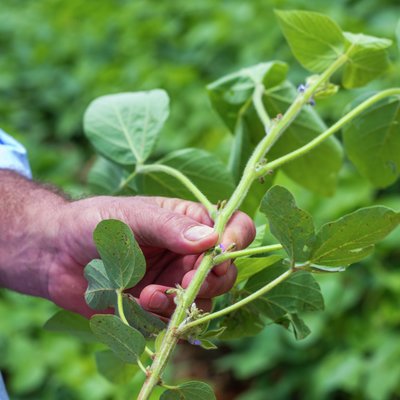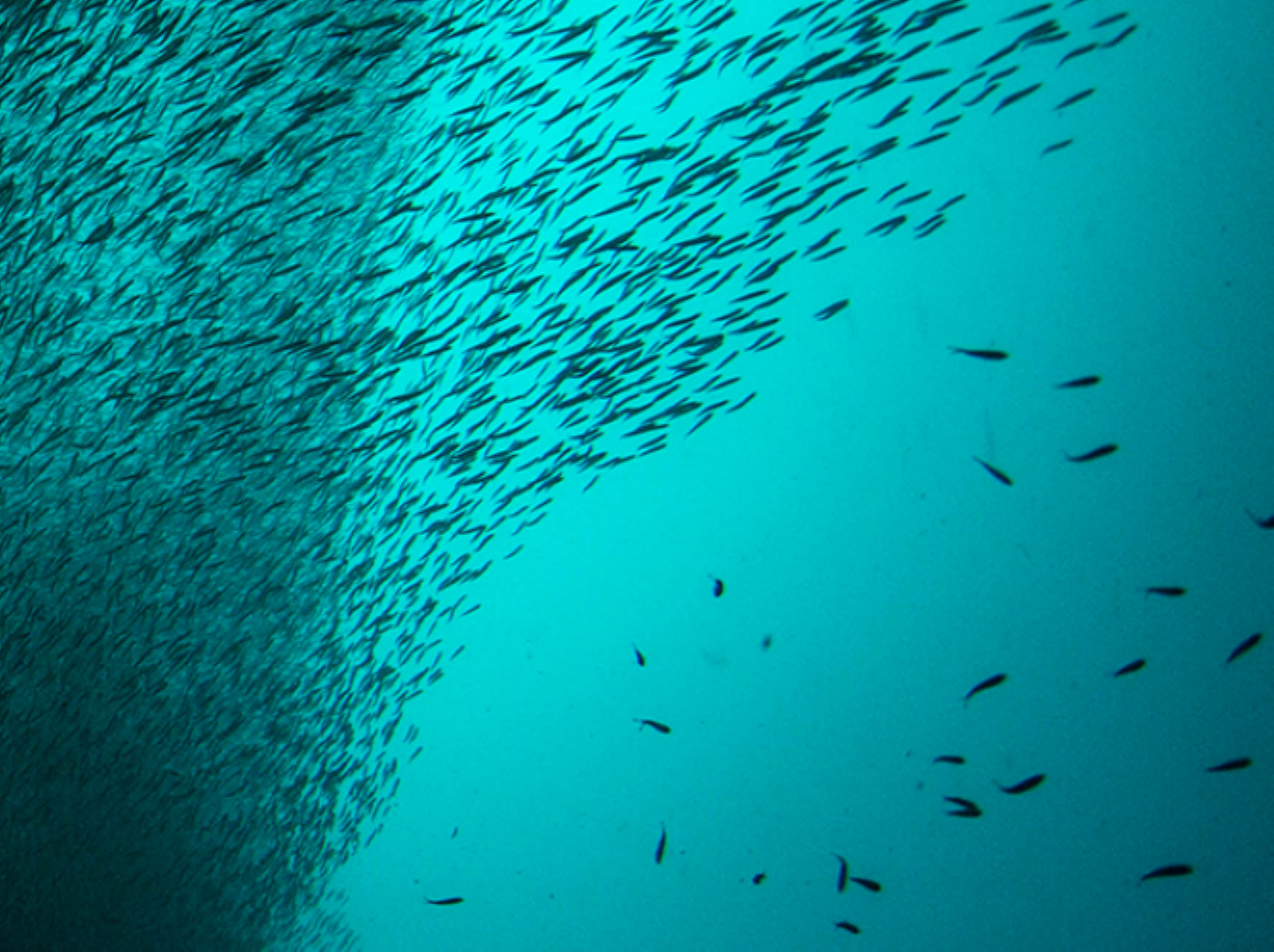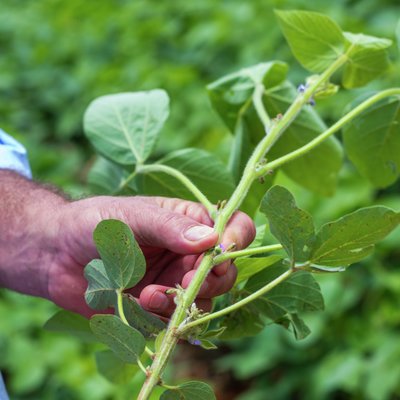Supplier case study: CJ Selecta’s seven steps to heightened sustainability
Throughout the past decade, South American soy processor CJ Selecta has focused on the protection of Brazil’s natural resources, particularly those in the Amazon and Cerrado biomes. Sourcing non-GMO certified soy, produced in compliance with international environmental and social standards, has been central to this strategy.
Amid ongoing socio-environmental discussions surrounding the soy industry and the growing global demand for sustainable products, the company has selected seven targets that it maintains will collectively deliver a framework for enhancing the sustainability of its operations and activities in the coming years.
Based on analysis carried out during 2019 to identify sustainable development objectives, these targets are:
- Establish a sustainability department tasked with developing the company’s sustainability strategy (achieved in 2019)
- Stop sourcing soybeans from the Amazon biome by 2022
- Have 100% of farm areas audited by 2022
- Publish its first Global Reporting Initiative (GRI) annual report (due in 2020)
- Implement an indicator for greenhouse gases (GHG)
- Reduce its carbon footprint
- Maintain its support of effective strategies against deforestation in the Cerrado biome
Through these measures, CJ Selecta believes that it’s moving in the right direction and will also be able to meet future market requirements with regards to increased transparency, improvements in environmental actions, and innovation in production areas, as well as providing open communication to clients, partners and society as a whole.

 Already, the dialogue group has put a new traceability system in place. Through this platform, each shipment delivered to feed producers now includes information about the municipalities and states from which the soy from that batch is sourced.
Already, the dialogue group has put a new traceability system in place. Through this platform, each shipment delivered to feed producers now includes information about the municipalities and states from which the soy from that batch is sourced. 

